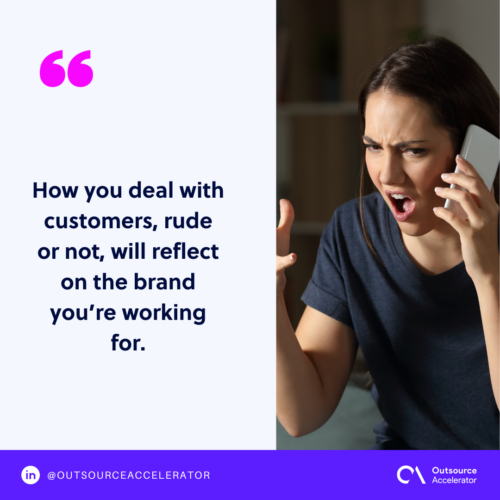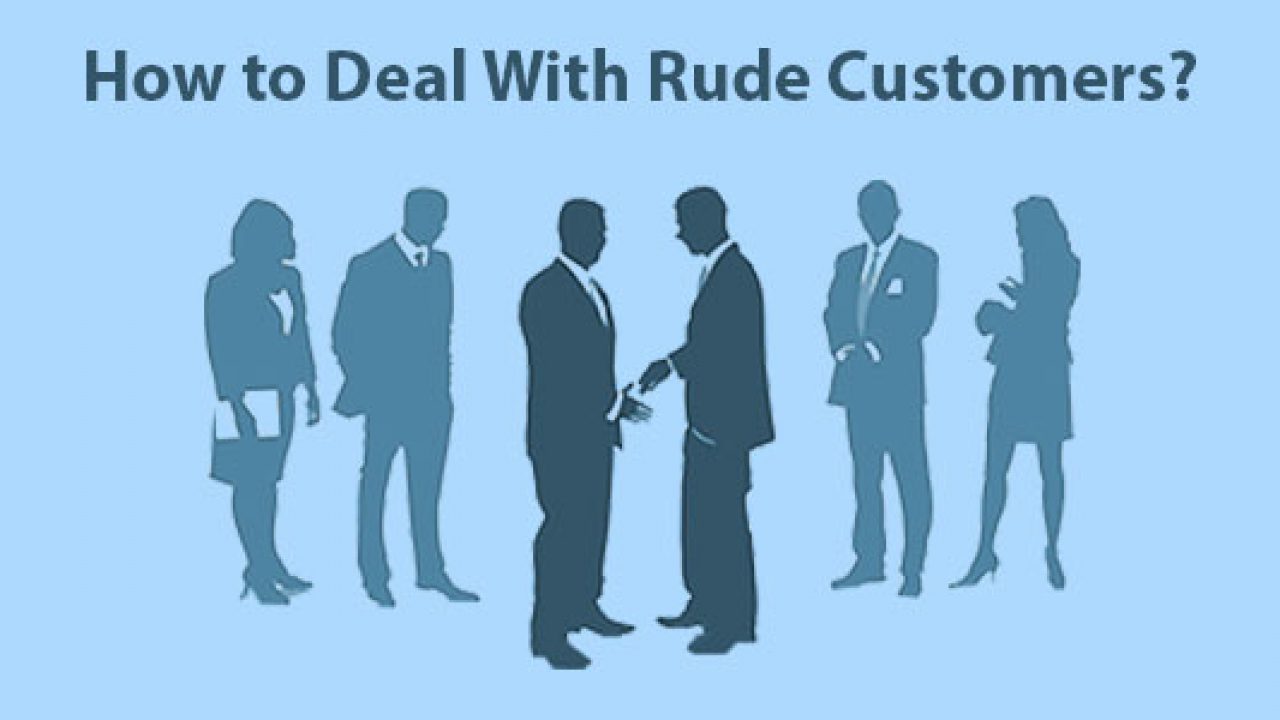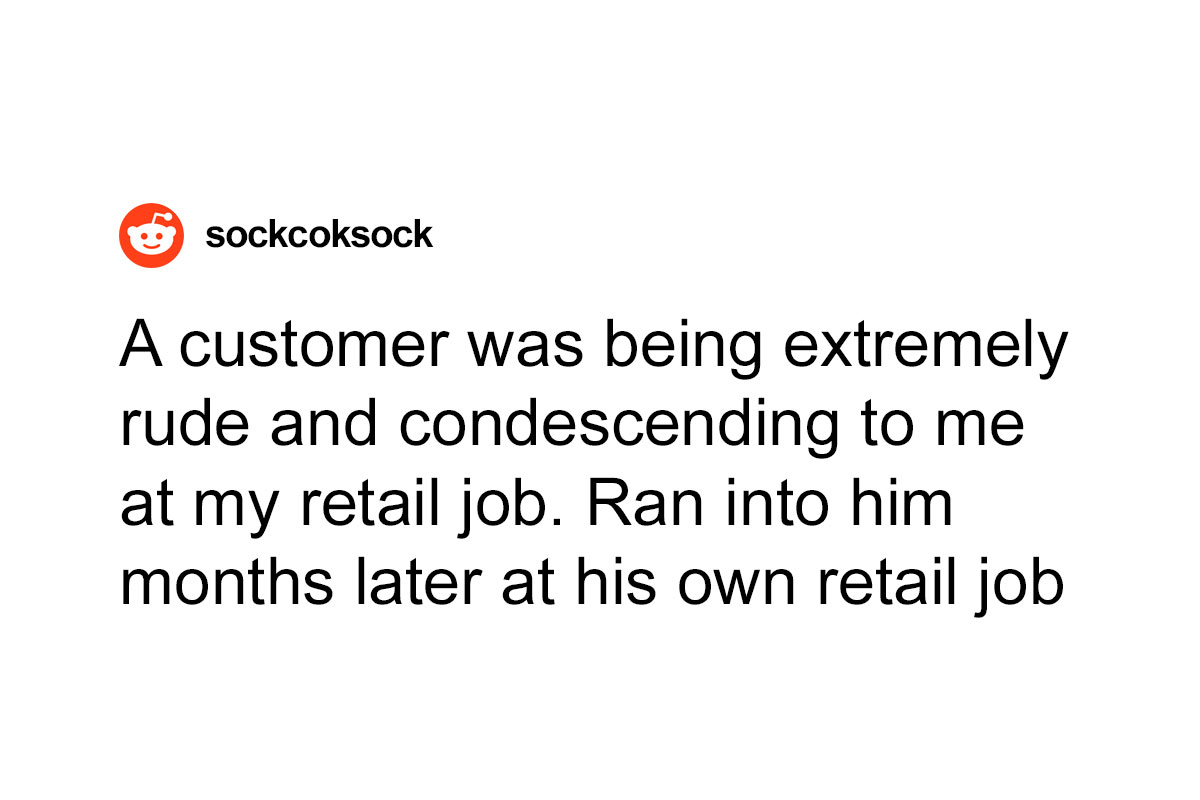Why Are Customers Rude To Employees

A wave of incivility is sweeping across the retail, hospitality, and service industries, leaving employees on the receiving end of customer frustration and, often, outright abuse. What was once considered an isolated incident of a demanding patron has become a disturbingly common occurrence, prompting businesses and labor experts to grapple with a troubling question: why are customers increasingly rude to employees?
This surge in customer aggression is not merely anecdotal; reports from various sectors confirm a disturbing trend. This article will delve into the multifaceted causes behind this rise in rude behavior, examining the role of societal factors, pandemic-related stress, and the blurring lines between consumer rights and outright entitlement. We will also explore the impact of this behavior on employee well-being and business operations, ultimately looking at potential solutions to mitigate this growing problem.
The Perfect Storm: Contributing Factors
The reasons behind the rise in customer rudeness are complex, intertwining several societal and economic pressures. Many experts point to a general decline in social etiquette, fueled by anonymity and a perceived lack of accountability in online interactions spilling into real-world engagements.
The COVID-19 pandemic undeniably exacerbated pre-existing tensions. Lockdowns, supply chain disruptions, and widespread economic anxieties created a breeding ground for frustration and stress. This often manifested as anger directed at frontline workers who were simply trying to navigate unprecedented challenges.
According to a 2022 study by Qualtrics, a significant percentage of customer service employees reported experiencing increased verbal abuse and disrespectful behavior from customers since the start of the pandemic. The study highlighted how prolonged periods of stress and uncertainty eroded patience and empathy, leading to more frequent outbursts.
Economic Anxiety and Entitlement
Economic insecurity is another crucial factor. When people feel financially vulnerable, they may become more demanding and less tolerant of perceived shortcomings in service. This can translate into aggressive behavior towards employees, whom they may view as responsible for their frustrations.
Furthermore, the rise of a "customer is always right" mentality, often amplified by online review platforms and social media, has inadvertently fostered a sense of entitlement. Customers may believe they are justified in behaving rudely or aggressively if they feel their needs are not being met, regardless of the circumstances.
“There's a fine line between advocating for your rights as a consumer and engaging in abusive behavior," explains Dr. Eleanor Sanderson, a sociologist specializing in consumer behavior. "The expectation of perfect service, coupled with a feeling of power derived from online reviews, can lead to unreasonable demands and disrespectful interactions."
Impact on Employees and Businesses
The consequences of customer rudeness are far-reaching, affecting both employee well-being and business outcomes. Constant exposure to verbal abuse, threats, or demeaning behavior can lead to significant stress, burnout, and even mental health issues among employees.
High employee turnover rates are a common consequence of a toxic work environment. When employees feel undervalued and unsupported, they are more likely to seek employment elsewhere, leading to increased recruitment and training costs for businesses.
A survey conducted by ServiceNow in 2023 found that companies with a culture of respect and support for employees consistently reported higher levels of customer satisfaction. This suggests that investing in employee well-being can ultimately lead to better customer experiences.
The Role of Management and Training
Businesses have a responsibility to protect their employees from customer abuse. This includes implementing clear policies regarding unacceptable behavior and providing employees with adequate training on how to de-escalate tense situations and handle difficult customers.
Empowering employees to set boundaries and refuse service to abusive customers is also essential. Management support in such situations is crucial to ensure that employees feel safe and valued. It is about creating a culture where respect is a two-way street.
“Training programs should focus on equipping employees with practical strategies for managing conflict and diffusing volatile situations,” says Maria Rodriguez, a human resources consultant specializing in workplace conflict resolution. “Role-playing exercises and scenario-based training can help employees build confidence and develop effective communication skills.”
Looking Ahead: Cultivating a Culture of Respect
Addressing the rise in customer rudeness requires a multi-pronged approach involving businesses, customers, and society as a whole. Promoting empathy and understanding is essential, as is fostering a greater awareness of the impact of our words and actions on others.
Businesses need to prioritize employee well-being, invest in training, and create a culture that values respect and accountability. Customers, in turn, need to recognize the human element in service interactions and treat employees with the same courtesy and consideration they would expect for themselves.
Ultimately, reversing this trend requires a collective effort to rebuild a culture of civility and respect. While the challenge is significant, the benefits of a more positive and supportive environment for both employees and customers are undeniable.


















